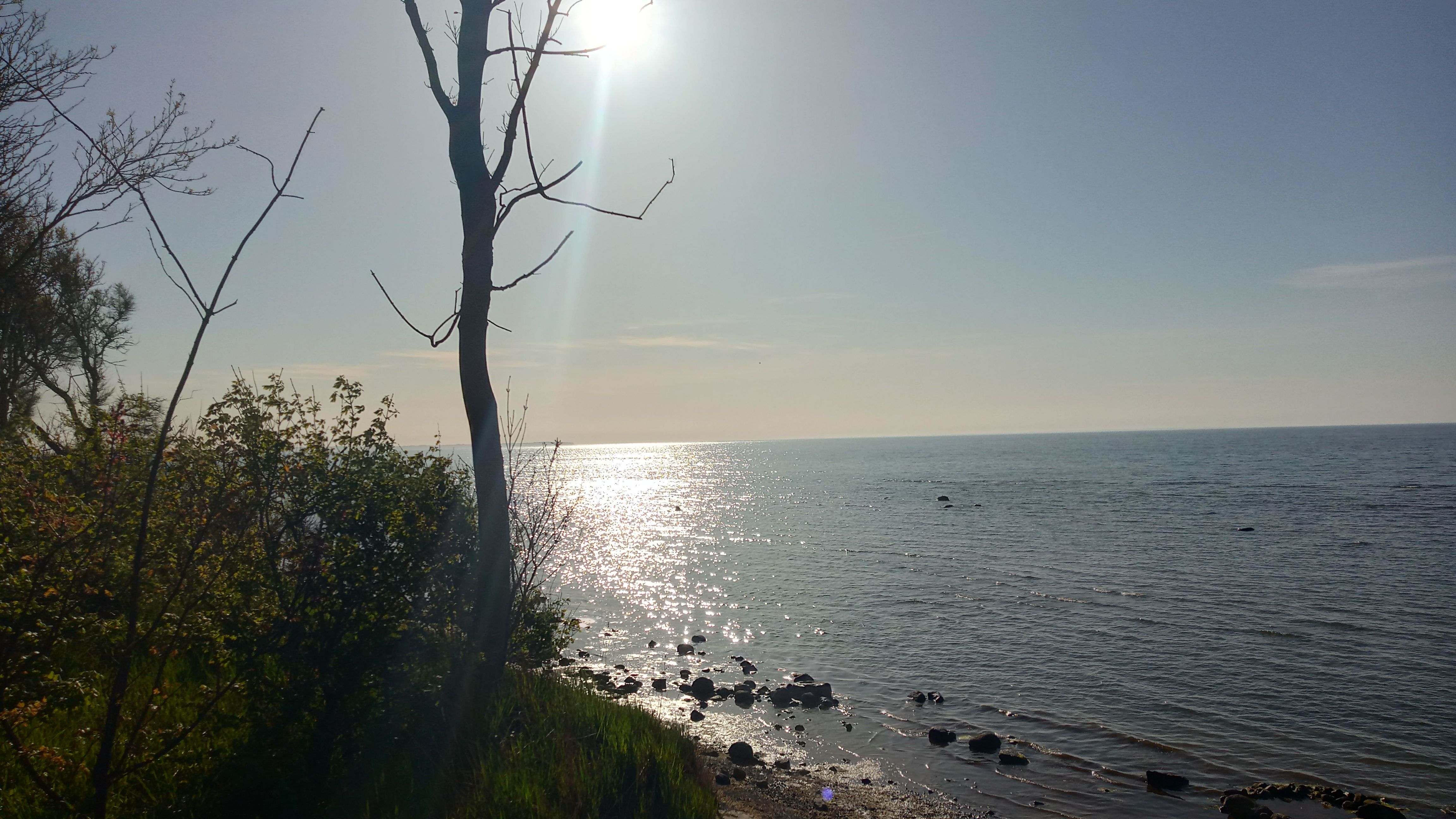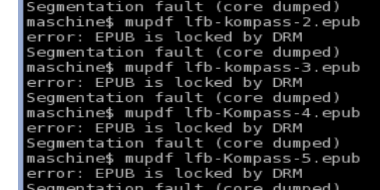testing
zu testzwecken > this is my favorite alt acc on the fedi
- 5 Posts
- 19 Comments


@lacouvee
you are welcome :)re: asymptote journal: it’s a small, taiwan-based project with a down-to-approach > asymptote has not published a new issue for quite some time, but the blog is very much alive, and the asymptote’s archive is a treat, so i keep waiting and stick to the blog in the meantime
re: languages: being german myself, i grew up monolingually, and began picking up some other languages only in my early teens > it absolutely broadened my horizon


from the interview:
In June 1975, Indira Gandhi, the third Prime Minister of India, imposed a State of Emergency throughout the country in response to what she called a “conspiracy” against her. Convicted of corruption and threatened by a growing opposition and mass demonstrations, Gandhi acted ruthlessly. Basic civil liberties were suspended, thousands were detained without trial, censorship imposed, and corruption reached new heights. Surprisingly lifted after twenty months, the Emergency became an anomaly in India’s democratic history—and was all but forgotten for many years, except, significantly, from literary fiction.
Refracted in the pandemic emergency, it became clearer in my study that emergencies worldwide are not only similar to past emergencies, but that they are constructed on a template of “emergency”: a structure within which an emergency could be comprehended despite its ostensible singularity. In other words, emergencies are unprecedented, but need to be recognizably so.
Building on existing scholarship, I argue, for example, that the neither-left-nor-right opposition to the Emergency was pivotal in legitimizing the fringe elements of this Hindu right, paving the way to the rise of today’s BJP government. I also show how the mass forced sterilization campaign, which is often seen as emblematic of the Emergency, was in fact a continuation of a long-standing globally-funded project of population control. Relatedly, the Emergency was central to family and class politics in India, revealing that there were individual elite families that need to be guarded and preserved and lower-class families of populations that need to be limited and curtailed.
The question of unprecedented political emergencies brings us to our present crisis in Israel/Gaza. I wish to speak about it with care, both because it is ongoing and shifting all the time, and because I speak of it from a very personal and very painful place. As an Israeli, I am in anguish about the people and places decimated by Hamas’ attack on October 7. At the same time, I am paralyzed by my feelings of shame and complicity in the senseless carnage that Israeli has unleashed on Gaza.
The current deadly violence is not, in fact, either a singular moment of crisis, nor an inevitable result of a two-sided “conflict” in which we must line up to take sides. It is deeply embedded in a complex historical context, inextricable from occupation of Palestinians by Israel, with its attendant apartheid regime and ethnic cleansing.
#india #emergency #corruption #colonialism #civilLiberties #israel #palestine #gaza #war #militarization #violence #histodons
@itsaj26744
misskey and its cutlery set of forks all have rss support > among them, rss support of firefish and iceshrimp could easily be labeled “rss eye candy of the fediverse”rss feeds on the *keys follow the model:
https://instance.name/@user.rssatom feeds are also available:
https://instance.name/@user.atom


@maegul
when i saw all that happening, i was sure that firefish won’t swim, but die soon > the rebranding happened behind closed doors, only to claim that ff was a community project > then, april got kicked out of the dev team, and there was no one else at firefish anymore to do serious backend work > firefish felt like a sect, consumed by its own hype


@Kierunkowy74
i use hajkey and iceshrimp, too > but i am not drawn to mastodon clients because they do not offer many *keys features > for the time being, i stick to the pwa


@Kierunkowy74
i thought that the iceshrimp devs had rewritten their mastodon api compatibility layer, and that iceshrimp works fine with masto clients … it doesn’t?


@Amelia
all the *keys can communicate with lemmy as long as the lemmy post is not a link type post, and firefish users can take advantage of this rather rare event to chat with lemmy and kbin users, too


@maegul
it’s sad to see that, and all of it was foreseeable in april 2023 already …
The solution, however, is not to reduce the number of instances, but rather to provide more tools for instances to group communities together.
kbin collections are grouping together communities, but unfortunately, collections themselves do not federate
@gicagaf805
@YugiohMaster88
not at all tbhwhen firefish was still calckey, it was a thing > but for a variety of reasons, the project came to a standstill, and two other misskey forks took the lead: iceshrimp and sharkey > as strange as it seems, firefish has already become some kind of legacy ware
moreover, the *keys have federation issues, especially when it comes to lemmy, but kbin is also heavily affected
@hellfire103
@Masimatutu
i agree, and i also recommend friendica!


@skullgiver
when it comes to creativity, mastodon ui is a pre-emptive strike against creativity > vanilla mastodon does not support emoji reactions, and damn!!! mastodon ui hides that there are other platforms on the fedi than mastodon > mastodon is perfectly fine for all those who want to see mastodon content, and nothing else > creativity? no! creativity starts with openness, and mastodon surely has a rather isolating approach@feditips @fediverse @FediFollows @mention @masimatutu @HamSwagwich
@indigojasper
wholeheartedly agree!
even weirder if it’s a Mastodon fork such as Glitch-soc, Hometown, Fedibird,… since they use older Mastodon versions as base
i myself have been active on calckey/firefish, hajkey and iceshrimp instances, and never had a problem interacting with people on mastodon forks > there had been some backfilling issues, but they got solved > but federation problems do exist: so far, it is not possible for *key users to interact with lemmy instances; also link posts from kbin do not show up on *key timelines
since you are on a lemmy instance: be aware that people on the *keys cannot interact with lemmy instances
firefish is rebranded calckey, a misskey fork > project has been in trouble since, hmmm, may 2023 > the *keys offer a very different interface, emoji reactions and lots of other features which mastodon does not have > *keys ui is pretty nice compared to mastodon - in the end, this is a matter of taste > but other than that, particularly firefish and its forks do not scale well: there is a reason why former firefish.social admin atomicpoet chose to migrate to another instance, though atomicpoet’s post tries to hide the reasons for moving > note: firefish.social is a special case - this instance is a lost cause with outages beyond comparison > instead of building up a community at firefish.social, the admins effectively destroyed the community by introducing new experimental features instead of focusing on stability
pflegekräfte aus kerala sind seit sechs jahrzehnten (!) in westdeutschland tätig zu 10tausenden - es gibt orte, wo du in pflegeheimen & arztpraxen ausschliesslich von personen aus kerala betreut & behandelt wirst & wo selbst die ärztin oder der arzt aus kerala stammt
dir scheint überhaupt nicht bewusst zu sein, dasz pflegekräfte aus kerala bereits seit sechs (!) jahrzehnten in groszer zahl - es geht um 10tausende! - in deutschland arbeiten






from the interview: